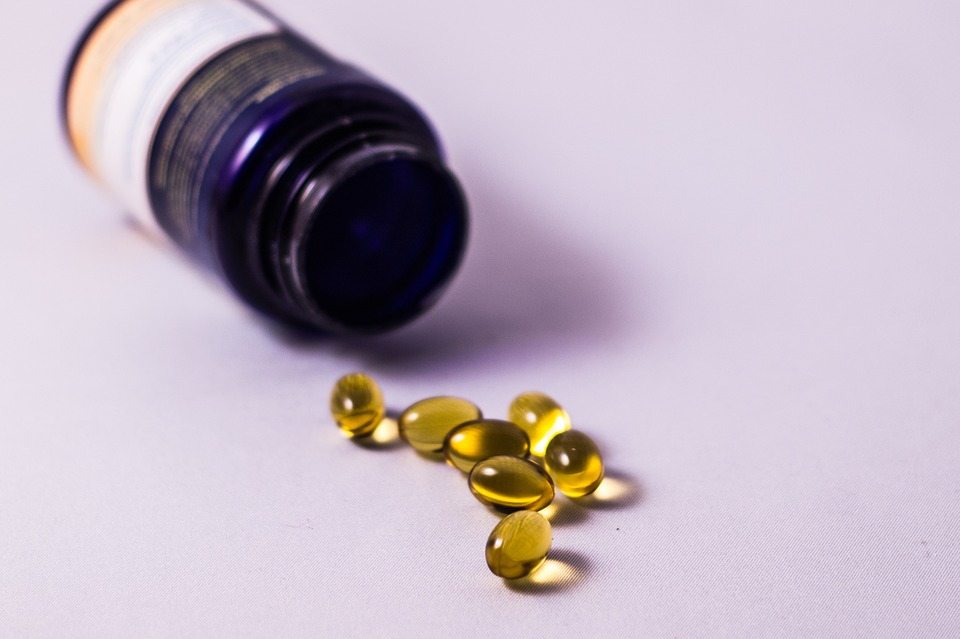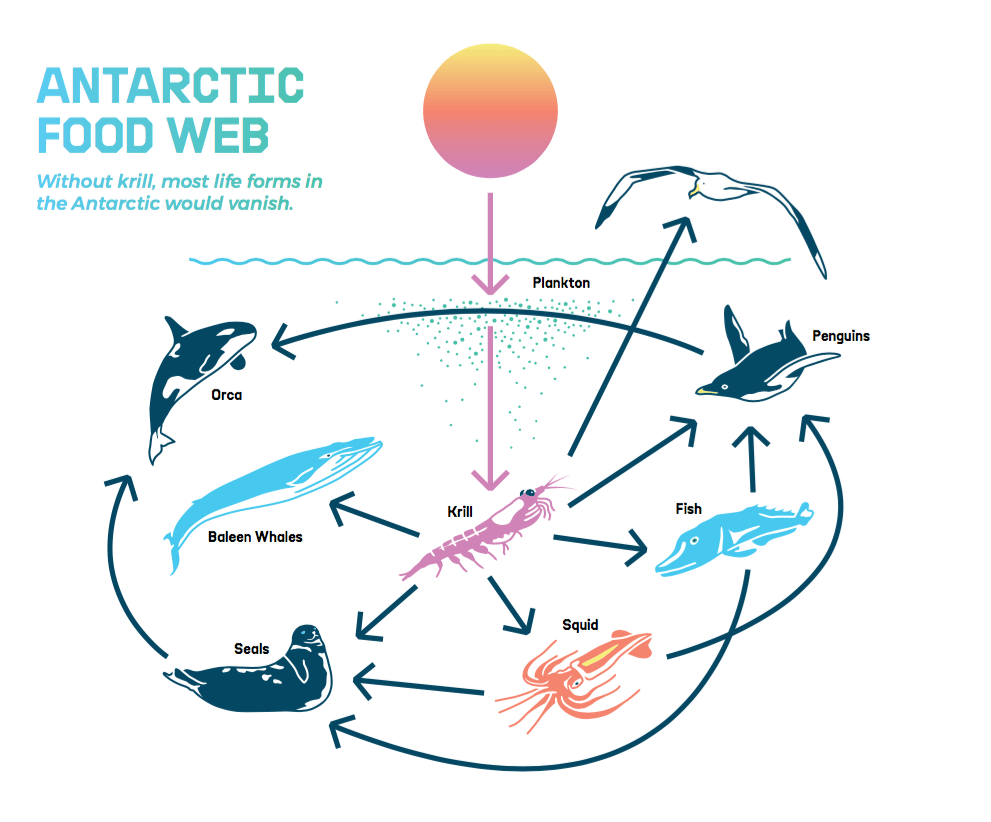Krill oil is a lucrative industry and it’s looking to expand, but at what cost?
Krill is often sold in products such as krill oil and Omega-3 tablets, as well as fishmeal for farmed fish and even pet food. But despite presenting itself as one of the best managed fisheries in the world, our latest investigative report paints a very different picture.

Krill are tiny shrimp-like creatures and they’re one of the most important species in the Antarctic food web. They’re eaten by everything from blue whales to Adélie penguins. If there were no krill, most forms of life in the Antarctic would vanish.
 Unfortunately, there’s virtually no public scrutiny over the krill fishing industry. This has allowed businesses that exploit Antarctic krill to flourish, sending their commercial fishing trawlers ever closer to the borders of protected areas and important feeding grounds.
Unfortunately, there’s virtually no public scrutiny over the krill fishing industry. This has allowed businesses that exploit Antarctic krill to flourish, sending their commercial fishing trawlers ever closer to the borders of protected areas and important feeding grounds.
The latest Greenpeace report uncovers the truth about the krill fishing industry and its operations in the Antarctic.
Our ongoing investigation has tracked the activities of the little-known krill fishing industry in the Antarctic over the last five years, to expose the environmental risks of this fast-growing industry in one of the world’s most pristine regions.
Here are 5 reasons why companies shouldn’t have a licence to krill in areas that need protection:
- Krill fishing companies are currently engaged in intensive fishing practices in the immediate vicinity of feeding grounds of Antarctic wildlife such as whales and penguins, creating competition for this important food source,
- Tracking data suggests that krill fishing vessels have anchored close to specially protected areas, despite the potential impact on wildlife and the seafloor,
- Krill fishing vessels engage in activities that suggest risky fishing practices such as transhipment (transfer of fish catch) to huge ships with long lists of previous infringements, like poor safety records and low standards in pollution prevention from both sewage and oil,
- There is a potentially devastating risk of fuel spills, fires and groundings and from these vessels in pristine Antarctic waters,
- Climate change is already impacting on krill numbers and Antarctic wildlife shouldn’t have to be directly competing for food with trawlers just so these companies can sell health pills on the other side of the world, and
- The commercial krill fishing industry may be trying to influence governments to block the protection of proposed protected areas in Antarctic waters.
Want to dive into the details? You can read the full report here.
[optin-monster-shortcode id=”ktil51x0zde4n7er8gkh”]
So what is the solution?
In October, members of the Antarctic Ocean Committee will meet to decide whether to give the Antarctic the protection it deserves, or to keep it open to exploitation by corporations. An Antarctic Ocean Sanctuary would create a safe haven for the whales, seals and penguins that call this incredible place home. We can’t let commercial fishing interests stand in the way.
To reduce the influence of the krill fishing industry over governments, we have to get them to cease all fishing activities in areas under consideration for protection by Antarctic Ocean Commission. Over a million people from all over the world are working together to protect the Antarctic. Can we count you in?
What can I do?
To achieve the goal of an Antarctic Ocean Sanctuary, all 24 member countries of the Antarctic Ocean Commission need to agree. It’s critical that we bring evidence of overwhelming global support for the Sanctuary to that meeting. It takes resources and lots of people to win. So add your name to the petition now!


